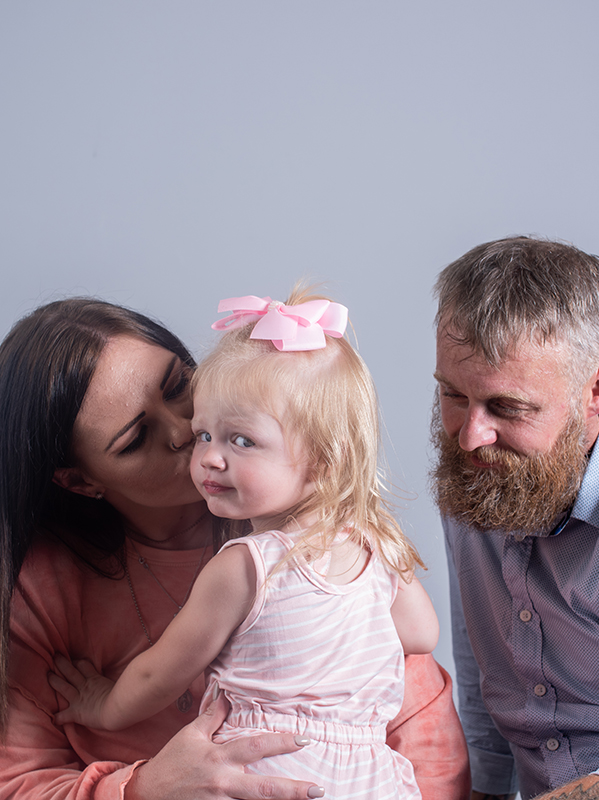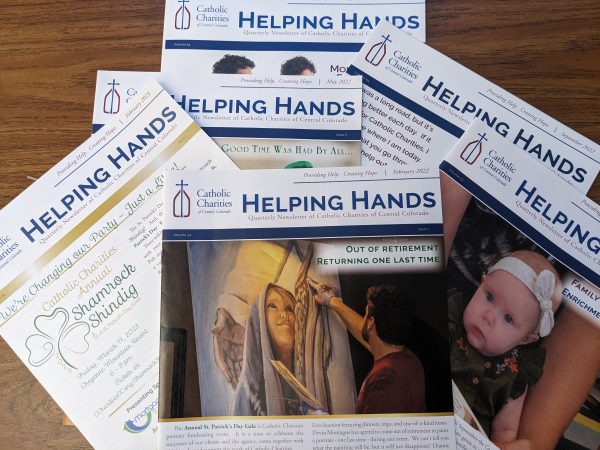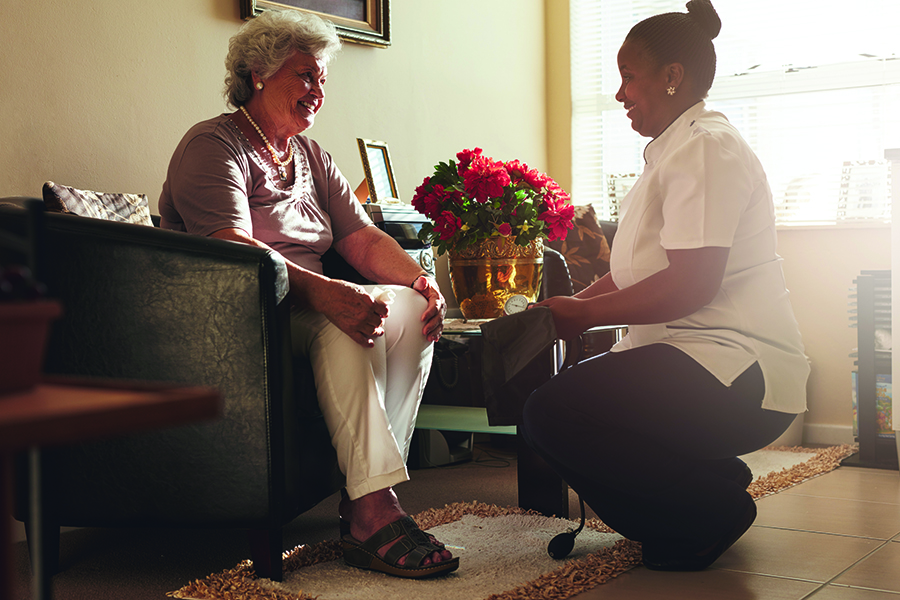
Choosing to leave an abusive relationship can be one of the toughest choices a person can make. It can be particularly scary and lonely when you are escaping to a community where you don’t know anyone. Mary came to Colorado determined to turn her life around and make a fresh start. She worked hard to get here, and in the process of seeking a better life, she found Catholic Charities.
Mary had researched the area and made arrangements to stay at a safe house. There, she met with a case manager to help her get on the path to stability. Her case manager directed her to Catholic Charities for bus passes, but she found so much more. She found Catholic Charities was not just a place to go for resources, but was a resource, full of opportunities she could access immediately to begin her new life.
After meeting with a Catholic Charities case manager, Mary was directed to the Life Skills and Career Development Center (LSCDC), where she met Sherry, a Life Skills Instructor. Mary says, “I felt that once I came [to Catholic Charities] and met Sherry, things were going to blossom for me,” and she was right. Throughout her hardships, Mary never gave up. As they worked through a plan which consisted of a number of goals to get Mary back on her feet, Sherry was most impressed that Mary was “always determined not to let her unfortunate circumstances stop her. She took ownership of her life and never let herself be the victim again.”
With Catholic Charities’ assistance, Mary was able to take a course called, All About Dignity, which taught her how to take care of people in their homes. Mary said, “I got way more out of the All About Dignity class than what [Catholic Charities] paid for it.” The skills she learned during her time with the LSCDC and from its resources “really empowered me to get up on my feet and gave me the confidence to go out and get employment.”
In April, shortly after the class ended, Mary began a part-time paid internship at a nearby senior day center, which she found through Employment First, an employment partner with LSCDC. She has been able to use her deep passion for caregiving and the skills learned through the All About Dignity class to help her clients. In late July, thanks to a couple from her church, she found an affordable apartment, which quickly became more of a home than just a place to live. Catholic Charities helped her get settled by providing a home starter kit that included a variety of household goods and food.
Finding a new home and internship is not where Mary’s story ends. In August, with financial help from Catholic Charities, she applied to a Certified Nursing Assistant (CNA) program and was accepted! While still working at the internship, Mary completed the CNA course and graduated in September. Then in October, she passed her CNA board. During each step of this process, Mary would visit the LSCDC to seek advice. She found a new family at Catholic Charities – one that advises, supports, and cheers for her, and she has tapped into all of the available resources. She says, “This is the best thing that I’ve done since I’ve been here [in Colorado], to come to Catholic Charities because everything happened from here.”
As a certified CNA, Mary has agreed to work for six months with a partner of MGA Home Health but is already looking further into her future. She stopped in at the LSCDC job fair in October to connect with Discover Goodwill’s HR recruiter to make sure her application for two CNA-related positions had successfully been submitted. Not only has her self-esteem received a huge boost from her success and time with Catholic Charities, but she’s also very excited about the possibilities of the future. “Here I am today; I’m employed, I have an apartment, I have a church family, and I have a family here at Catholic Charities, which really helped me get to where I am right now.”
“Catholic Charities has been a rock for me because of the people who made me feel welcome,” Mary says. “I never felt defeated since I got here, because Sherry gave me the confidence to do what I needed to do. Once I knew that I had a place to come and people to communicate my goals to, I felt that I could go out there and conquer the world,” and she did.
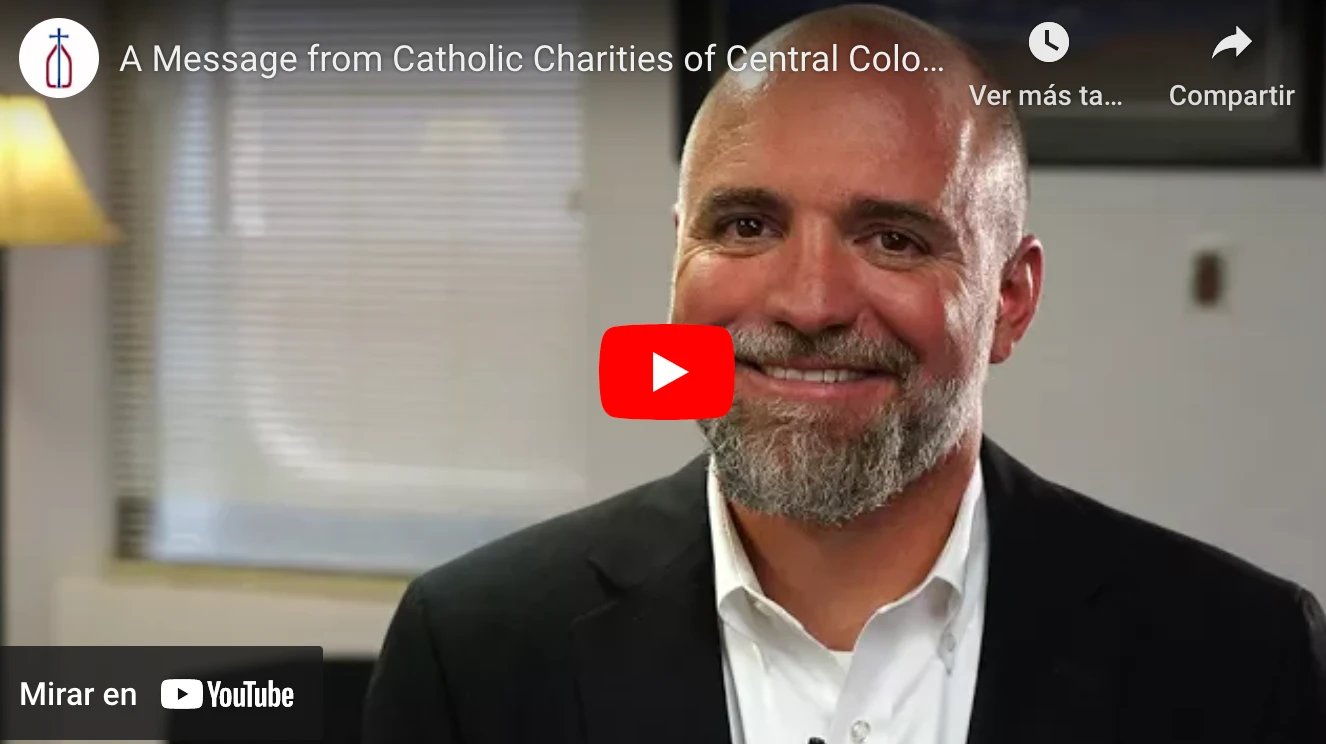

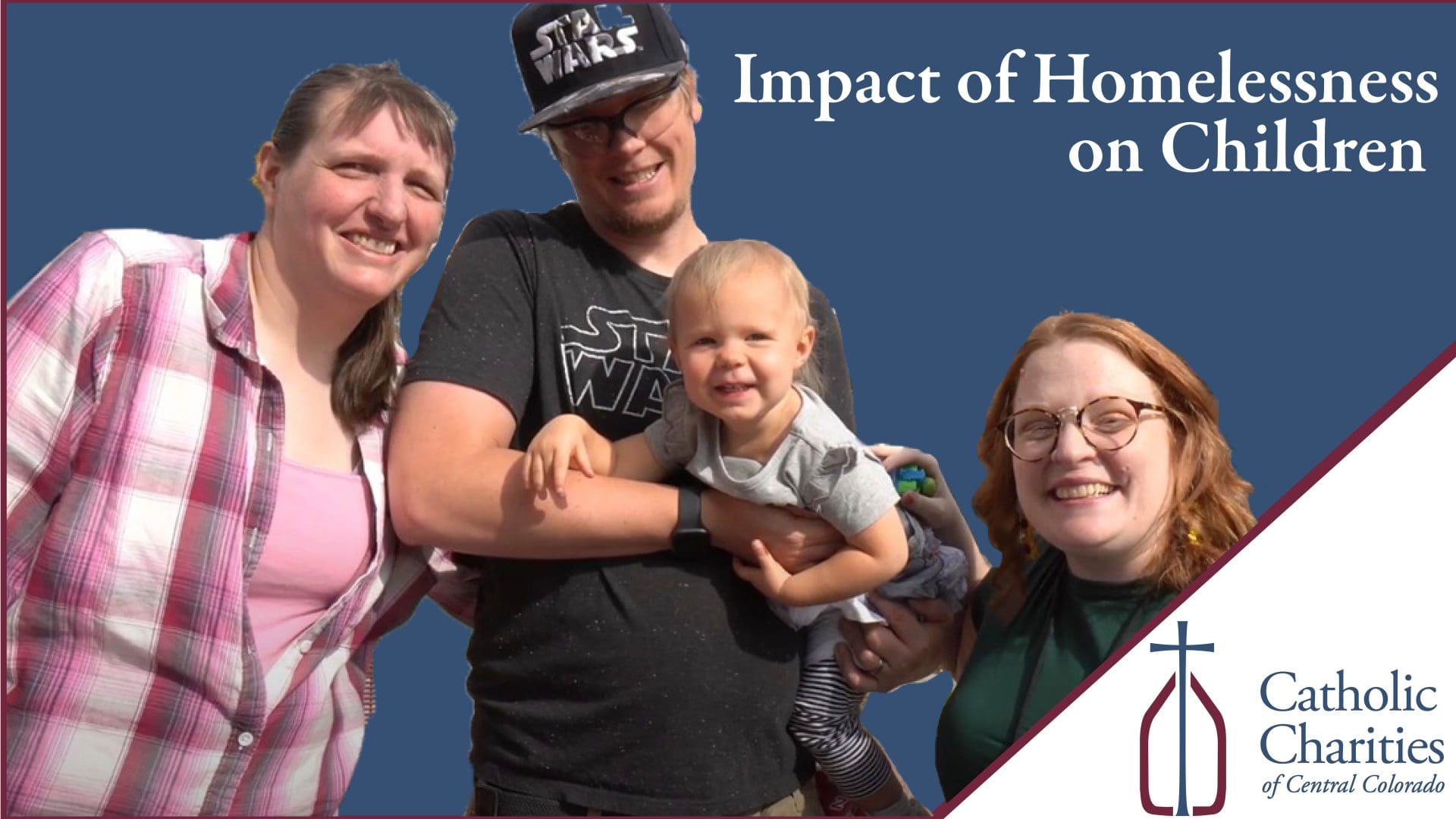



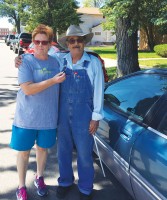






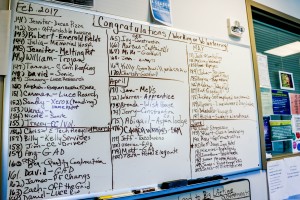
 Recently, Joel Fluegge joined the team as Marian House Community Services Manager, and together, he and Stulpin have successfully linked clients with local employers, usually having more job opportunities than trained clients to take available positions. Goodwill Industries conducts a hiring event at the Marian House every six weeks with pre-screened candidates and, to date, has employed more than 25 people. Last fall, the first annual Marian House Job Fair was held on-site, where eight employers offered interview opportunities to help facilitate job connections. Another Job Fair is planned for November, just before the holiday hiring season. Stulpin said, “For someone caught in the cycle of poverty, sometimes all it takes is a little personalized attention to begin taking the steps toward a better life.”
Recently, Joel Fluegge joined the team as Marian House Community Services Manager, and together, he and Stulpin have successfully linked clients with local employers, usually having more job opportunities than trained clients to take available positions. Goodwill Industries conducts a hiring event at the Marian House every six weeks with pre-screened candidates and, to date, has employed more than 25 people. Last fall, the first annual Marian House Job Fair was held on-site, where eight employers offered interview opportunities to help facilitate job connections. Another Job Fair is planned for November, just before the holiday hiring season. Stulpin said, “For someone caught in the cycle of poverty, sometimes all it takes is a little personalized attention to begin taking the steps toward a better life.”

